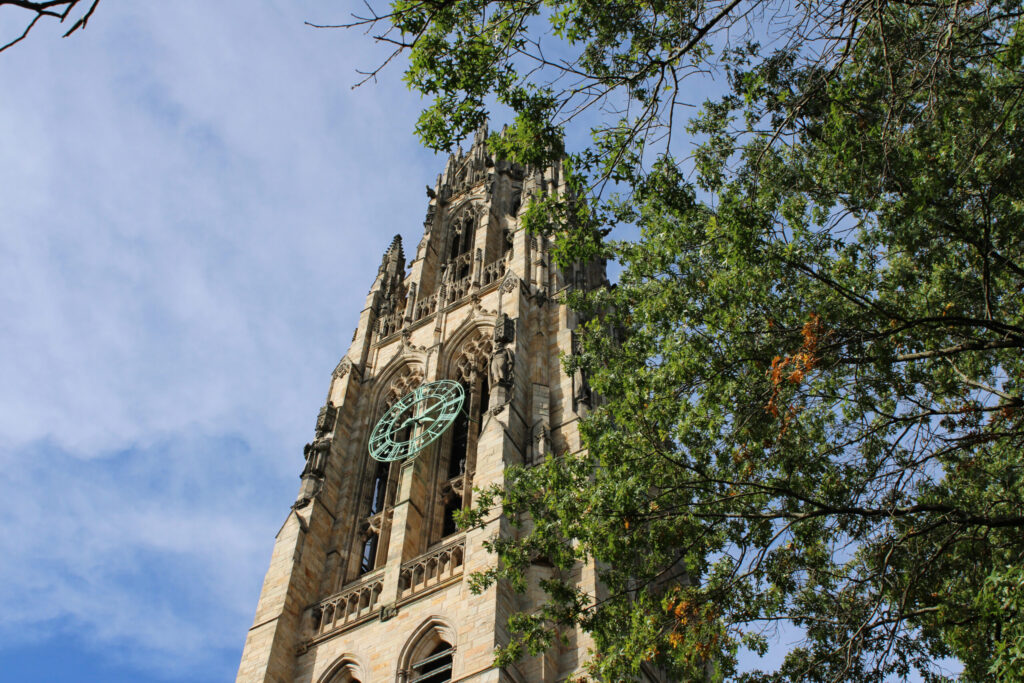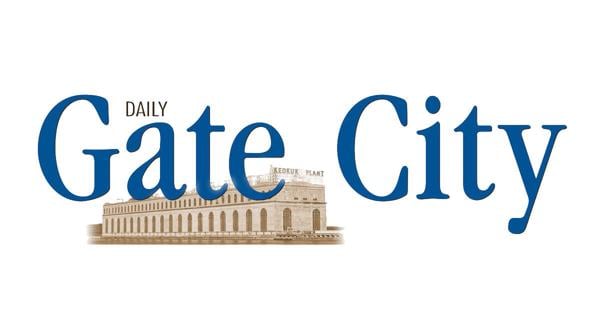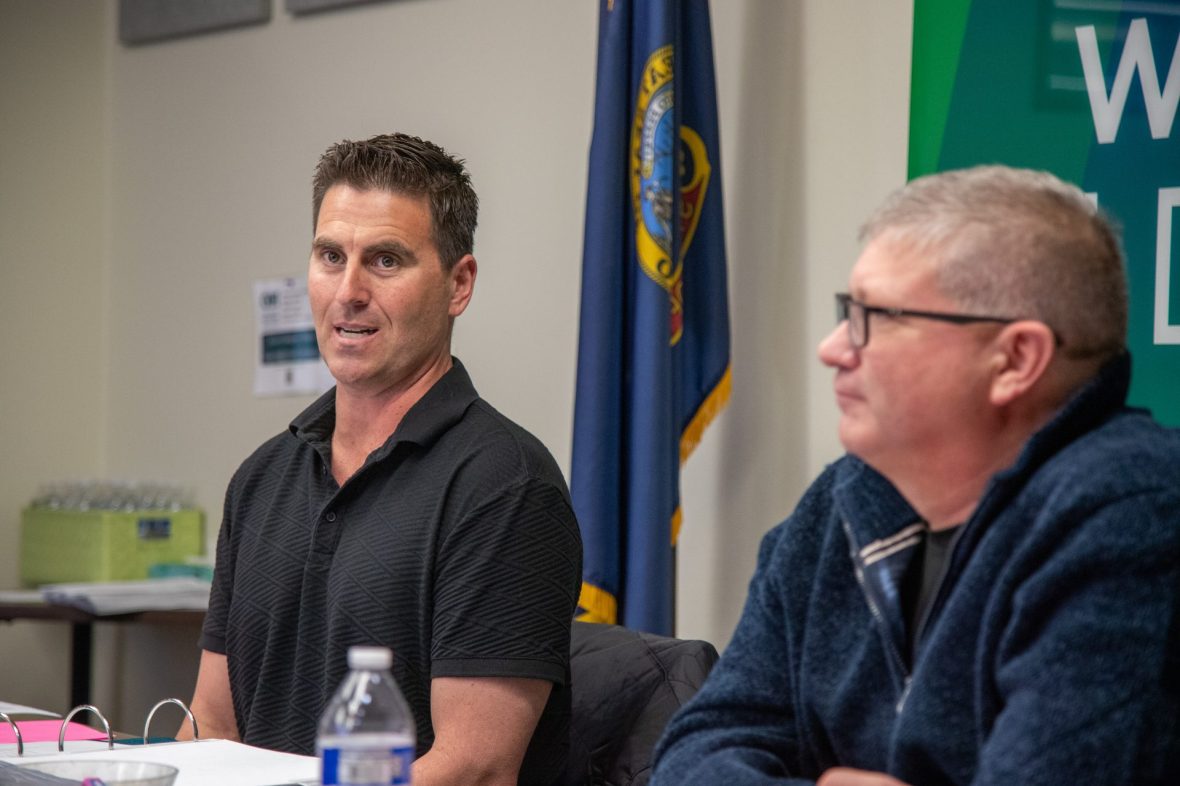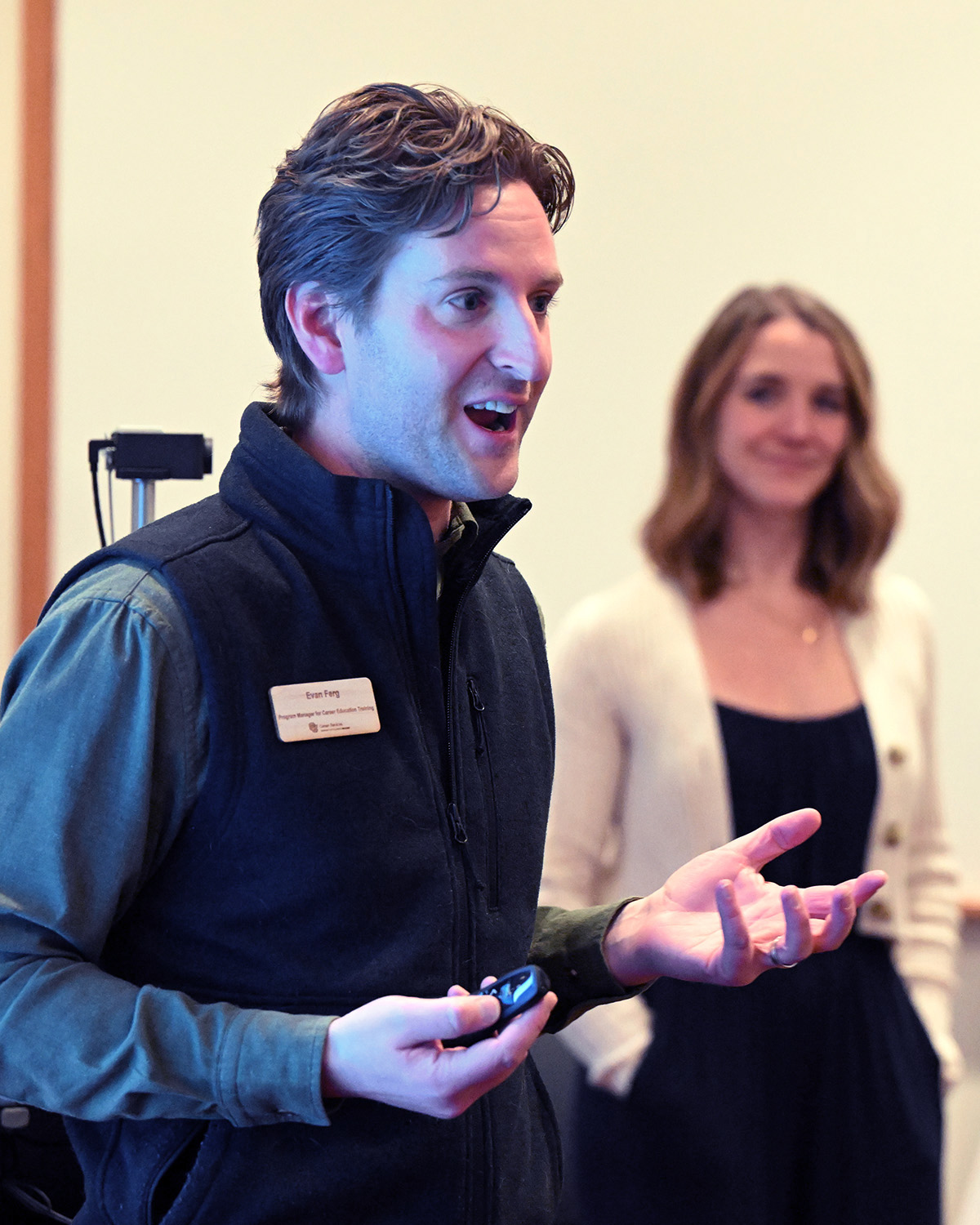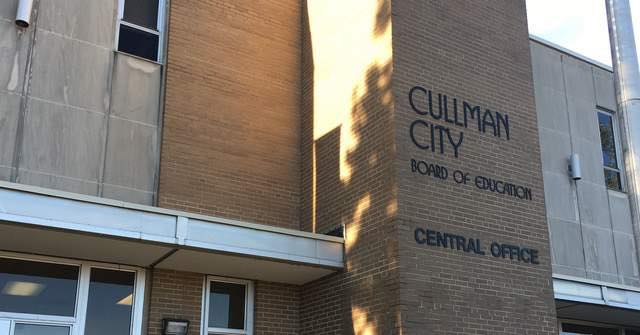One year after the adoption of a controversial institutional voice policy, Yale University remains divided over its implications. On March 15, 2023, University President Maurie McInnis endorsed recommendations from the Committee on Institutional Voice, which urged university leaders to limit public statements on significant social and political issues. This directive applies to all levels of administration, from central figures to department heads, promoting a focus on facilitating dialogue rather than asserting institutional viewpoints.
The policy stirred mixed reactions among students and faculty upon its introduction. In a recent communication, Michael Della Rocca, a Sterling professor of philosophy and co-chair of the committee, expressed support for the guidelines, stating that the Yale community largely accepted the report with minimal controversy. He emphasized the importance of discretion in public statements, particularly in a climate where institutions of higher education face increased scrutiny.
The past year has seen Yale and other universities grapple with challenges stemming from political pressures. Former President Donald Trump accused elite institutions of promoting antisemitism and radical ideologies, leading to federal funding cuts for several universities. Yale, alongside Dartmouth, was notably spared from direct federal funding reductions, a contrast to the experiences of other Ivy League schools.
A university spokesperson highlighted the policy’s role in upholding academic freedom and protecting the institution’s integrity amid external pressures. The National Institutes of Health announced in February 2024 that it would eliminate indirect research funding, prompting McInnis to publicly address the issue, labelling it a “considerable threat” to research funding. Furthermore, she criticized a budget reconciliation bill proposed by House Republicans that aimed to significantly increase taxes on Yale’s endowment returns.
Faculty members have voiced varying perspectives on the policy’s implications for the university’s public engagement. Mark Siegel, a professor at the School of Medicine, argued that there are circumstances where public statements can educate the public about the vital role of universities. He noted that the institutional voice policy’s high threshold for public statements was met during discussions about federal funding cuts impacting the School of Medicine.
In contrast, philosophy professor Robin Dembroff expressed concerns that the university’s restraint on public statements may reflect poorly on its character and values. She questioned whether the institution’s silence in the face of significant issues aligns with the ideals it promotes. Dembroff argued that the leaders of Yale have a responsibility to articulate the university’s values, suggesting that the policy may prioritize financial interests over principled stances.
Student leaders have also weighed in on the debate. Richie George, the speaker of the Yale Political Union, criticized the university’s approach, asserting that during a crisis of legitimacy, Yale should exemplify the values it teaches. Andrew Boanoh, president of the Yale College Council, acknowledged the reasoning behind the policy but described it as inconsistent with the university’s educational ideals.
Conversely, Jay Gitlin, a history professor, defended the policy, suggesting that a cautious approach is prudent given the current political climate. He remarked, “It’s a good time to keep a somewhat low profile,” reinforcing the notion that Yale should focus on its educational mission rather than engage in political debates.
As the university navigates its institutional voice policy, it has simultaneously ramped up its lobbying efforts in Washington, D.C. During the third quarter of 2025, Yale reportedly outspent all other Ivy League institutions on lobbying, investing $370,000 between July 1 and September 30 to engage with federal policymakers. This juxtaposition of restrained public statements and increased lobbying has drawn criticism from some faculty, including Daniel HoSang, president of the Yale chapter of the American Association of University Professors, who argued that the absence of public stances makes the university more vulnerable.
While the institutional voice policy continues to spark debate within the Yale community, the university’s leadership remains focused on maintaining its academic integrity and navigating external challenges. The ongoing discussion reflects a broader tension within higher education institutions as they balance the need for political engagement with the desire to protect their academic missions.

